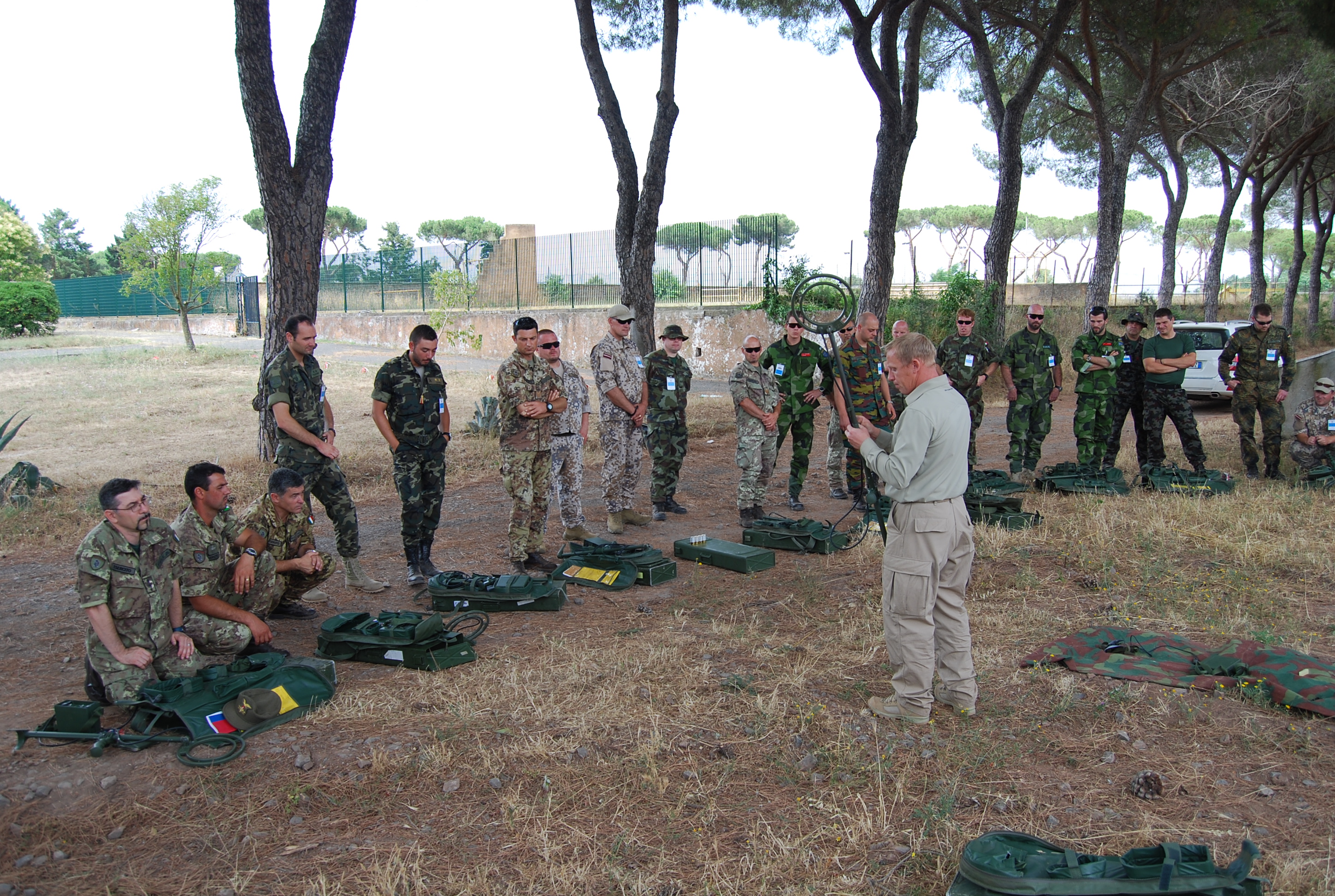Training and Consultancy
Training and consultancy is a vital part of our approach to understanding, communicating, and mitigating the threats posed by unexploded ordnance (UXO) across a diverse range of projects, including construction, environmental, land, inshore and offshore.
Supporting organisations across military, construction, civil engineering, government and more, we act as consultants to implement training and Health and Safety procedures, review and define key information and offer general, on-going UXO support.
construction, civil engineering, government and more, we act as consultants to implement training and Health and Safety procedures, review and define key information and offer general, on-going UXO support.
For over 30 years Fellows has worked under CIRIA guidance, and we are proudly staffed with the very best Explosive Ordnance Disposal (EOD) qualified personnel who come with extensive explosive ordnance disposal training. We also have on board highly qualified Subject Matter Experts (SMEs) and dedicated teams, meaning we are able to offer advice, support, and consultancy for UXO risk to any industry where possible ordnance may be encountered.
Training is imperative to reducing the risks posed by UXO, so we can support you with effective communication training with members of staff, personnel, and other stakeholders, ensuring your on-site teams have a clear understanding of both risk and procedure. This can be coupled with ongoing UXO safety training, UXO risk management training and UXO handling training.
From overall UXO awareness, briefing or presentations for varying project sizes, and heightening recognition of potential UXO risk, to establishing robust mitigation and overall safety, Fellows can provide UXO training forming a crucial part of your on-site Health and Safety. Site specific or custom training and procedure implementation may also be offered where UXO risk is present.
At Fellows, we understand that every project brings its own unique set of challenges, therefore we remain committed to a collaborative approach. To guarantee that UXO risk is mitigated, and delays are avoided to keep your project on track, we work tirelessly to support you with a variety of UXO training and consultancy options. These include:
-
Preliminary and detailed desk top risk assessments
-
Peer reviews
-
Tendering assistance
-
Awareness briefs and Toolbox Talks
-
Environmental impact assessments
-
Survey techniques
-
Removal and disposal techniques
-
Safety and awareness presentations
-
Emergency response planning
Contact Us

